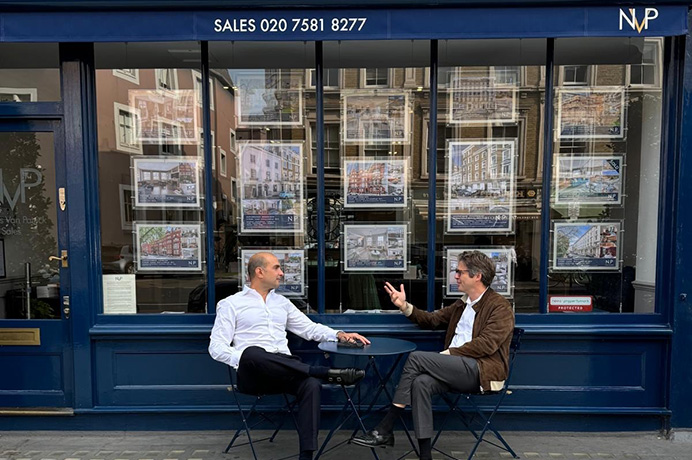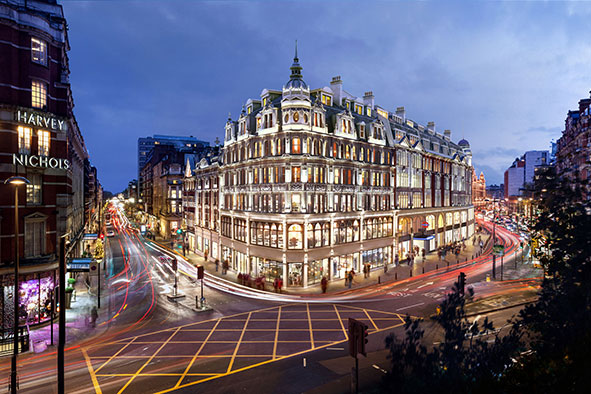We thought we’d share the following observations about supply and demand and the current stage of the residential property cycle – in which ‘the inventory factor’ starts to influence buying habits.
What is the inventory factor?
Patrick: The inventory factor, as we call it at NVP, is the final part of any downturn. There is so much talk at present about geo-politics, Brexit, stamp duty, new regulation and industry cycles. All of which have a part to play, of course. But inventory is traditionally decisive in almost any industry and we are reaching that point in the current cycle when low levels of stock represent opportunity and movement.
Nic: To a certain extent, property in the postcodes we specialise in is always a rare commodity, so it’s not like we ever expect prices to plummet. However, inventory is a factor with any business, and of course it makes a difference if you have five buyers fighting over one house, or one buyer choosing between five. While we are not there yet, this factor is starting to show again, as levels of stock decrease and capital values are down. With the depreciating pound it means people are alert to the possibility of a getting a good deal, and we are seeing activity as a result.
What are the characteristics of this stage in the market?
Patrick: At the peak of the market, there is a dearth of stock around, and all at a high price – a high turnover of product, with new properties coming on the market all the time and being sold rapidly. After the aforementioned factors, in a recession, or period of quiet, often what finally swings investors back into action is the opposite – a scarcity of stock.
Nic: When the market falls away, prices drop and it takes a while to run the inventory down. People are unable to wait for the right time, and are forced into making their move at reduced prices, for a variety of reasons. Because of this, gradually stock levels decrease. Prices eventually start to go up again due to a lack of supply – and especially in prime central London, a high base in terms of demand.
Is this what is happening right now?
Nic: A low inventory drives the premiums up on new stock, and raises the price of property that is already on the market. As we wait for new stock to come on, there are simply more viewings and viewers per property, increasing interest and competition. This encourages people who are on the fence to make a move. As such, there is less procrastination and more risk, and activity levels rise. It feels different than earlier in the year, more lively.
Which is more influential on the London property market, the inventory factor or Brexit?
Patrick: They are both important, and both a part of the cycle or season the market is currently in, which is a highly unusual situation that has gone on far too long. We’ve been in an area of low pressure for years, beginning with the recession, followed by a short-lived recovery from 2010-14, then the uncertainty of Brexit. Right now, though, we are having our busiest autumn of the period in question. The confluence of an impending soft Brexit and inventories running low, may well see an upturn in the near to near-ish future.
What happens next?
Nic: People who need to sell their home, but not urgently, will hear about prices beginning to go up and consider making their move. Buyers who are hesitating and browsing will realise that the market is moving again and now could be the right time to get a good deal. Brexit will obviously impact this, and whatever deal transpires will be scrutinised and the market will reflect people’s emotional response.
Patrick: A soft Brexit would be good for London property whichever way you look at it. Obviously it will take time to ratify, however the first movers can take advantage of the above dynamics, so once it is through the cabinet we may well see things start to turn, with new stock coming on and buyers, who don’t want to pay sky high prices in 2-3 years, responding.














